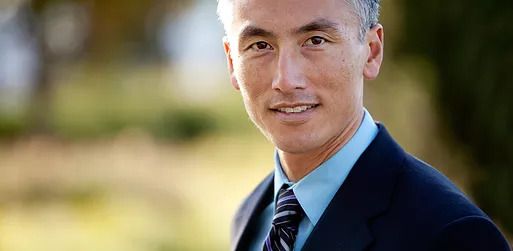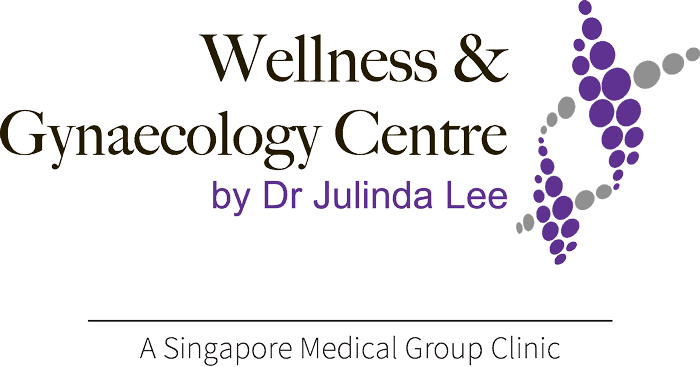Services for Men
-
Hormone optimization and management of andropause
Andropause is the male equivalent of menopause. However, it is often less dramatic in its presentation compared to menopause and is often mistaken for effects associated with “aging”.
Men with low testosterone levels may experience:
- Reduced libido, erectile dysfunction
- Lethargy
- Increased body fat, muscle wasting
- Loss of concentration, poor memory
- Anxiety, irritability
- Loss of drive and normal aggression
- Indecisiveness
- Decline in aerobic capacity, longer recovery after exertion, reduced response to conditioning activities
- Osteoporosis or thinning bone
- Abnormal lipid profiles with increased triglyceride and reduced HDL-cholesterol (good cholesterol) level
- Increased risk for coronary heart disease and diabetes mellitus
Testosterone and Aging in Males
With aging there is a reduction in testosterone production. Active testosterone starts to decline from about 40 years of age, at a rate of about 1.2% per year. Twenty percent of men between the ages of 60 and 80 years of age have lower than normal active testosterone levels.
Testosterone replacement in males improves:
- Libido
- Sense of well being
- Moods and energy
- Muscular strength
- Body composition (less fat and more muscle)
- Bone mineral density
- Glucose control
Testosterone replacement needs to be monitored closely by a physician. Excessive testosterone replacement can also result in conversion of the hormone to estrogen and this is not a desirable hormone in males as it can increase the risk of stimulation of the prostate and cause enlargement.



